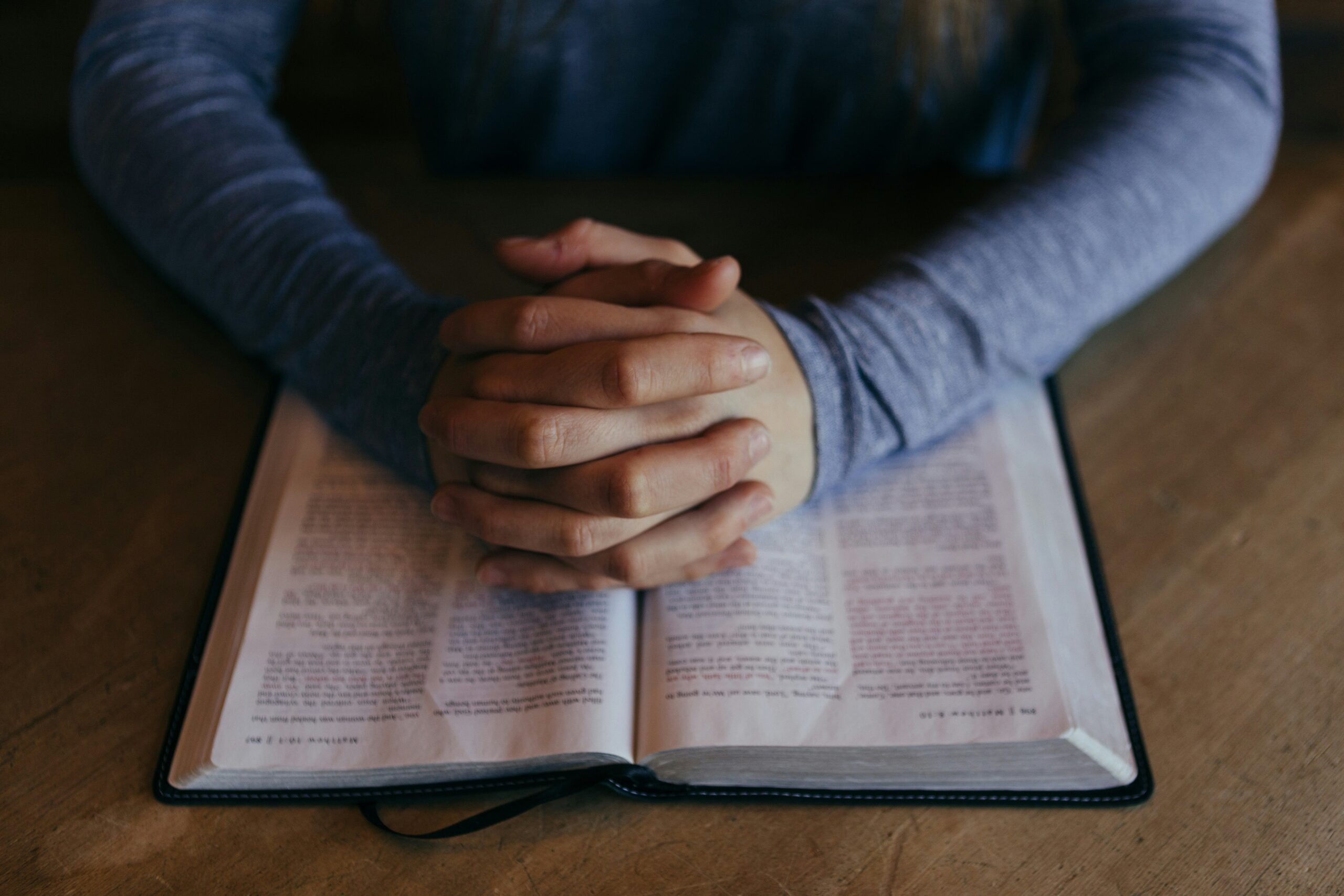Celebrate Recovery
Breaking the Chains of Hopelessness

The first time Rick publicly prayed at a weekend church service for people living with a mental illness, his words were simple. He asked God to bring comfort and strength to anyone living with depression, anxiety, bipolar disorder, or any other mental illness. He asked God to reassure them that their pain and suffering mattered to God and to their brothers and sisters, and to remind them that as a church family, we would do all we could to offer support to them and their families.
The response from the congregation was astonishing. As he stood on the patio following the services, dozens of men and women who were living with a mental illness, or who loved someone living with a mental illness, lined up to give him a hug and to thank him for bringing their struggle into the light. Many spoke through their tears about the deep gratitude they felt to hear mental illness mentioned from the pulpit in such a loving and positive way. “I’ve kept my illness a secret at church,” several said. “I didn’t know it was okay to talk about it.”
That simple, grace-filled prayer instantly changed the atmosphere at Saddleback. Those few short words, lovingly expressed, made it infinitely safer to talk openly about depression, anxiety, bipolar disorder, eating disorders, schizophrenia, and suicidal thoughts. Chains of hopelessness were broken, and walls of stigma, misunderstanding, confusion, and prejudice began to melt away in the face of recognition, acceptance, and love. People began asking the questions they had been reluctant to ask before: Can a Christian experience a mental illness? Does it mean I don’t have enough faith? Is it okay to take medication for a mental illness? If I pray hard enough or study my Bible more, will it make my anxiety go away? Can children have a mental illness? What happens to Christians who take their life?
Saddleback Church has always been a welcoming, inviting congregation to anyone in need, but it has become an even more compassionate place as we’ve expanded our conversations around mental illness, listened to the stories of those living with a mental illness, and learned what we can do to more fully support individuals and families in a mental health crisis.
We’re not the only ones: Many other congregations are exploring what the Bible says about God’s response to illness—including mental illness. Many are beginning to understand that mental illness is real, and it is common—1 in 5 Americans will experience a mental illness in the coming year (NAMI). Approximately 43 million men, women, and children will show signs of bipolar disorder, schizophrenia, depression, anxiety, an eating disorder, or another diagnosable mental illness (NAMI). Mental illness is not only common, it’s also highly treatable when addressed quickly, allowing many to manage their illness well.
While mental illness is common, it is still an uncomfortable topic in most avenues of society. It is time for faith leaders to stand in the gap and speak up for people living with mental illness and suicidal thoughts.
The good news is that every day we hear testimonies from people in the faith community about creative, effective ways they’re breaking down the walls of stigma around mental illness and suicide, willingly sharing the love and mercy of Christ to those most deeply affected. Simple steps of prayer, listening, and love bring hope to those who often feel abandoned by God and the church.
If talking about mental illness at church is uncomfortable, talking about suicide is one of the last taboos in our culture. Yet we are surrounded by multiplied thousands of men, women, and children—including teenagers in our church youth groups—who have lost hope and are experiencing suicidal thoughts. National Suicide Prevention Week is September 9th– 15th. One practical way your church can begin to engage is to join the faith community around our nation in praying for people touched by suicide. Your words of compassion, acceptance, and hope may be the lifeline that will help save the lives of people in your congregation.
As suicide loss survivors, Rick and I know firsthand the almost unbearable agony that accompanies the suicide of someone you love. We ache for those in our congregation—and in yours—who are experiencing despair. These friends—brothers and sisters in Christ—need to know that their church is a safe place to share the inward torment of their pain, and that their pain will be met with deep compassion and acceptance.
Please lend your voice to this effort on behalf of hurting people everywhere by praying in your house of worship this weekend.
Here is a prayer you can use: https://bit.ly/2CnGyK6















